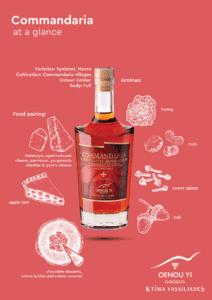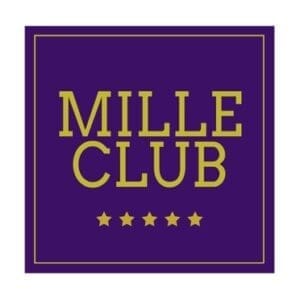 It seems almost unreal that a hotel would have any troubles receiving bookings when a guest is actively searching for its brands. After all, if travellers know your name, they should be directed to your website. Right? Well, not necessarily. Brand hijacking has become a problem of an enormous scale. Let’s look at what it means for your hotel and how you can fight against it.
It seems almost unreal that a hotel would have any troubles receiving bookings when a guest is actively searching for its brands. After all, if travellers know your name, they should be directed to your website. Right? Well, not necessarily. Brand hijacking has become a problem of an enormous scale. Let’s look at what it means for your hotel and how you can fight against it.
What is brand hijacking in the hospitality industry?
Firstly, it is crucial to know exactly what the phrase Ôbrand hijacking’ stands for. After all, you can’t solve the problem if you do not fully know what you are dealing with.
In the hospitality industry, the term is mentioned when another brand, usually an online travel agency, uses the hotel’s name in sponsored ads. It means that other brands adopt it for their own benefit. They essentially attract traffic to their websites while taking it from the hotel’s own pages.
It has been deemed unfair, not only by the hoteliers, but by many professionals in the industry – especially since many of the OTAs are too big for smaller hotels (or often even large chains) to fight with. Since Google ranks ads by their usability for customers and booking platforms are well known, they therefore attract many clicks. Those ads are often higher in the rankings than the websites of the hotels the guests have been searching for in the first place.
If this is still slightly confusing, let’s see what it means for hoteliers and their guests.
How does it affect hotels?
It is, of course, incredibly harmful for hoteliers. When guests don’t know the destination or the properties in your area, OTAs are very helpful, ensuring you receive bookings from travellers who might not have found your hotel otherwise. But what if the guest knows your brand? What if he or she has already stayed in it and loved it? What if the guest is not searching for general accommodation, but instead wants to book at your website? What if that direct booking opportunity is snatched from you by an OTA? It happens more often than it should.
It means that instead of receiving the full price for the reservation, you only get a part of it because the OTA makes you pay a commission for the booking that could have been direct, but isn’t.
So first and foremost, you lose revenue. You have to pay for receiving a booking from an OTA, while the guest already knew your brand and was probably willing to book at your website. Instead of getting 100% of the price, you receive around 80% (depending on your commission level).
Secondly, you lose the advertising power. Google lowers the price per click the more people actually click on your campaigns. So if instead they opt for the OTA ads, your own advertisement becomes more expensive.
One could also argue that your own brand loses credibility. Not regarding the stay, but your online presence. It seems like guests cannot book via hotels’ pages anymore, making you lose online reliability.
What does it mean for guests?
Similarly to hoteliers, guests may also lose on this equation because hotels often offer better deals or additional benefits to travellers who book directly on their websites (which is one of the strategies you should use to attract more direct bookings). If guests unknowingly click on the first ad that pops up and it is an OTA’s ad, they lose all of those extra amenities they could have gotten otherwise.
Many travellers do not realise that hoteliers have to pay additional fees to the booking platforms. Therefore, it seems as if they are getting a great price when in reality, they might be missing out on the real deal.
How can hoteliers fight it?
What can hoteliers do to fight brand hijacking? Luckily, there are a few options you can choose from.
Firstly, you can use Google’s trademark protection policy to your advantage. All you have to do is submit a complaint about the use of your trademark in other companies’ ads. Google checks your arguments and decides on any restrictions. However, many businesses have already found a way to hijack hotel brands even despite this trademark protection by simply making a slight change in the name of the hotel. Sadly, there is nothing hotels can do about this deception.
The second option is discounts. As I have already mentioned, it is one of the tools you can use to attract the direct bookings in general, but also to make people seeing two similar-looking ads choose the one that belongs to you. Simply mention that you offer discounts to guests booking directly via your web page or that you offer some additional benefits just for them.
An online presence without the help of OTAs becomes a trickier subject. There are, however, OTAs who refuse to practice brand hijacking. A good example is Bidroom.com,Êa private platform that doesn’t charge hotels commission for bookings. It only requires a one-time setup fee. Because it does not work on commission, it doesn’t need to hijack a hotel’s brand.
It is important to fight against unfair practices such as brand hijacking or rate parity clauses and you must be aware that there are many ways to do it.
About the author
Brought up in Poland, KlaudiaÊFere_czuk is a journalist and a blogger, with articles published in Business Hotel, MamStartup and more, as well as over 150 blog posts related to the hospitality industry and travel on her account. She focuses mostly on the travel market, with special regard to the Online Travel Agencies.


















